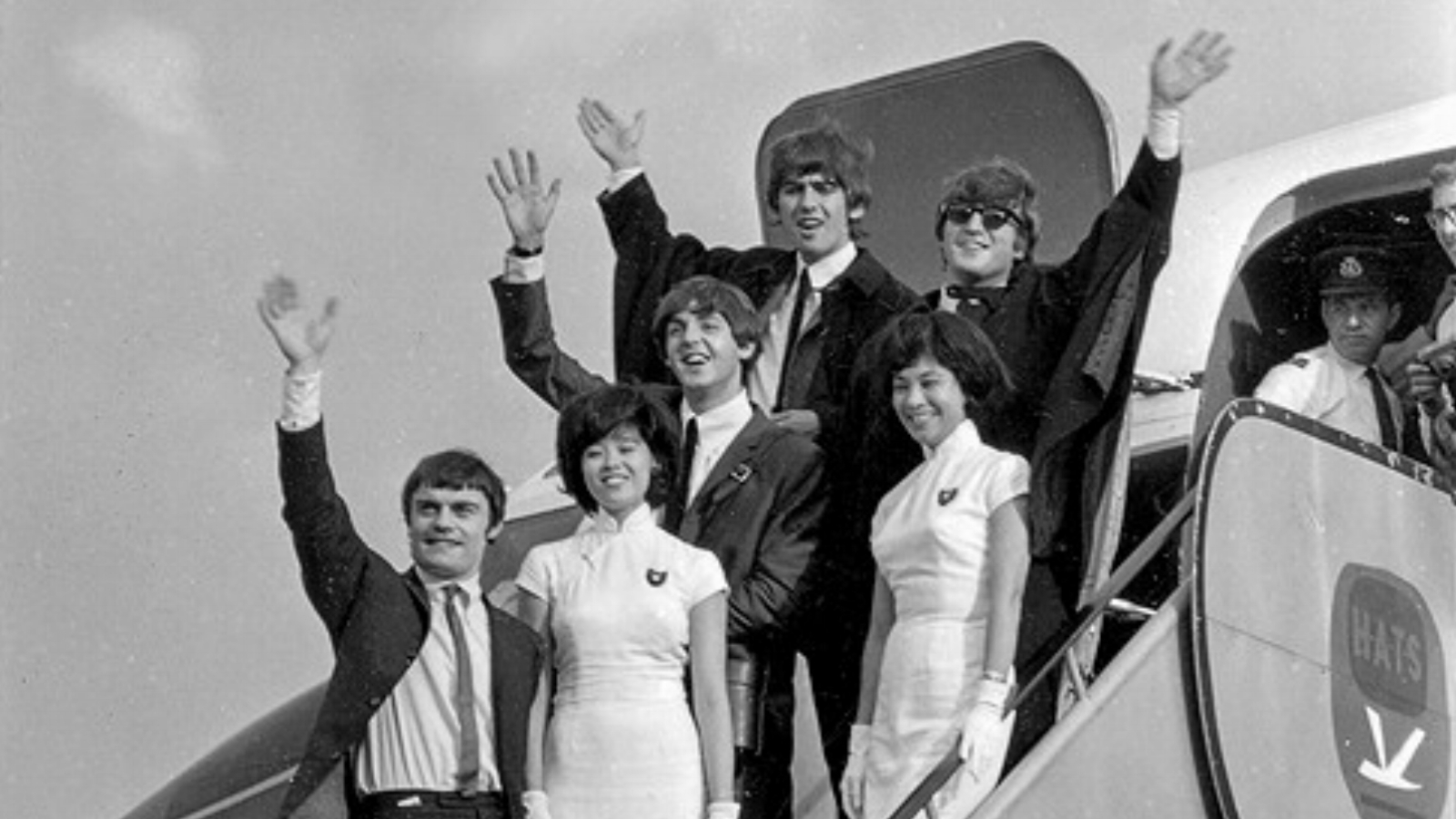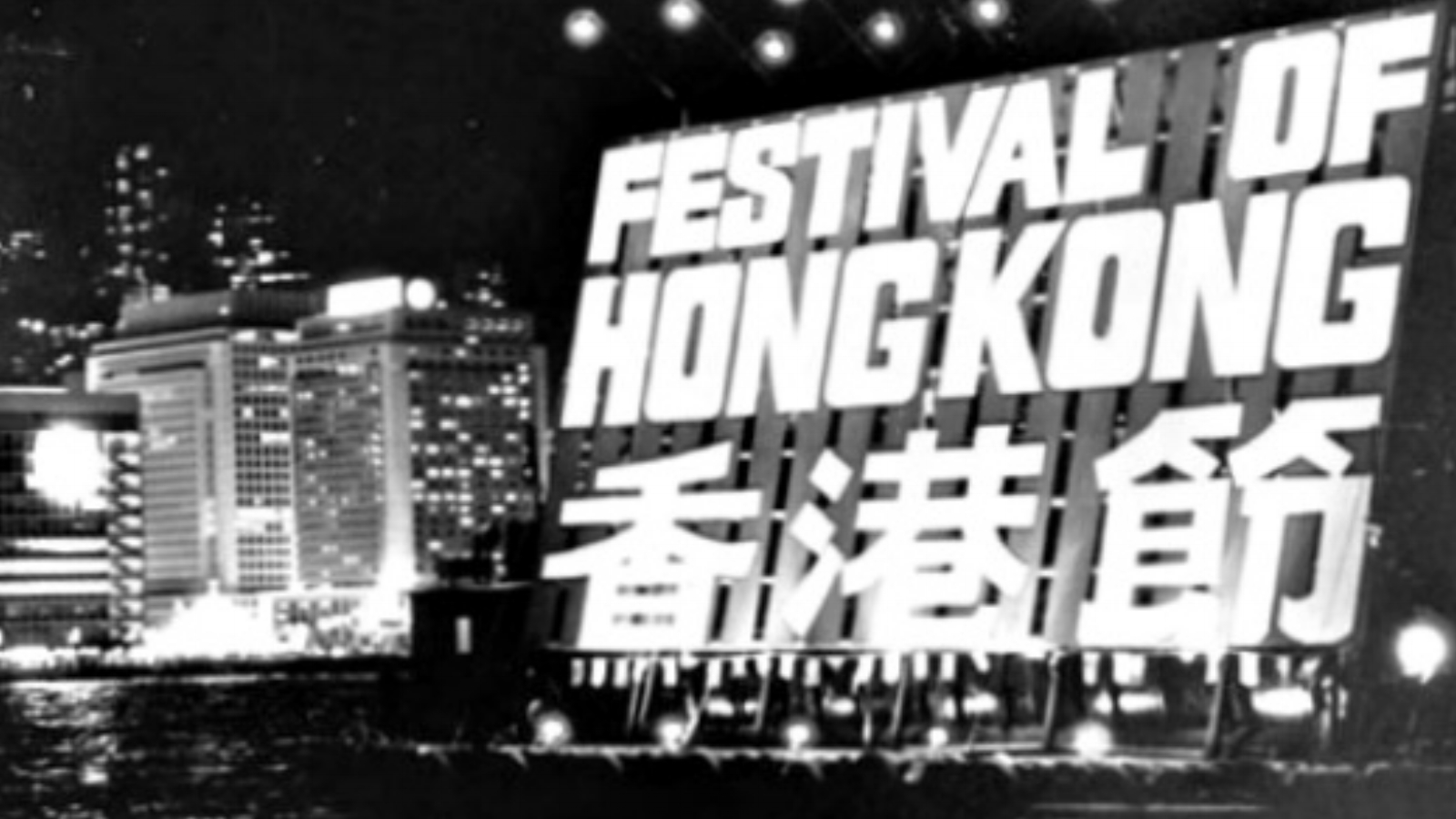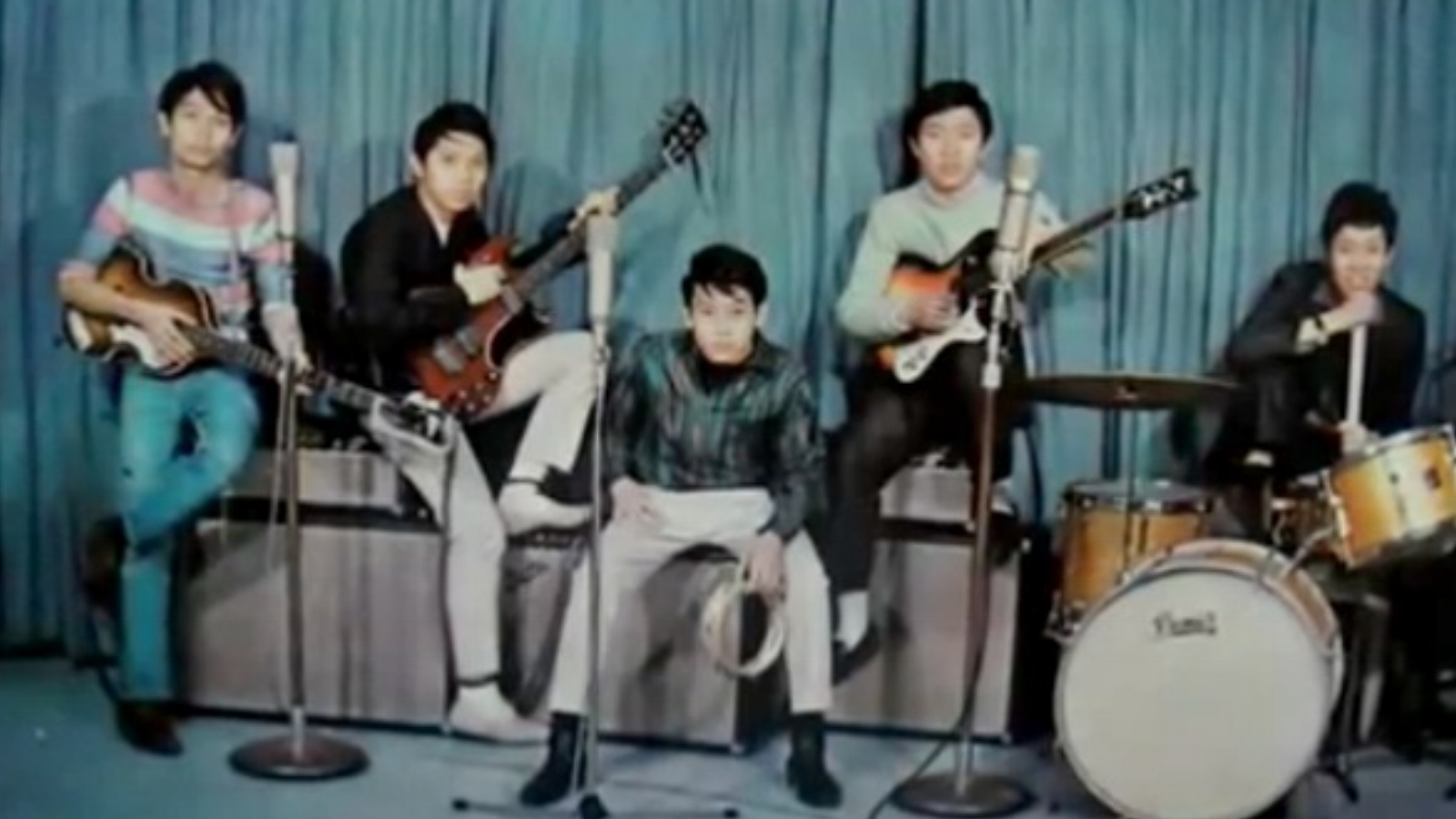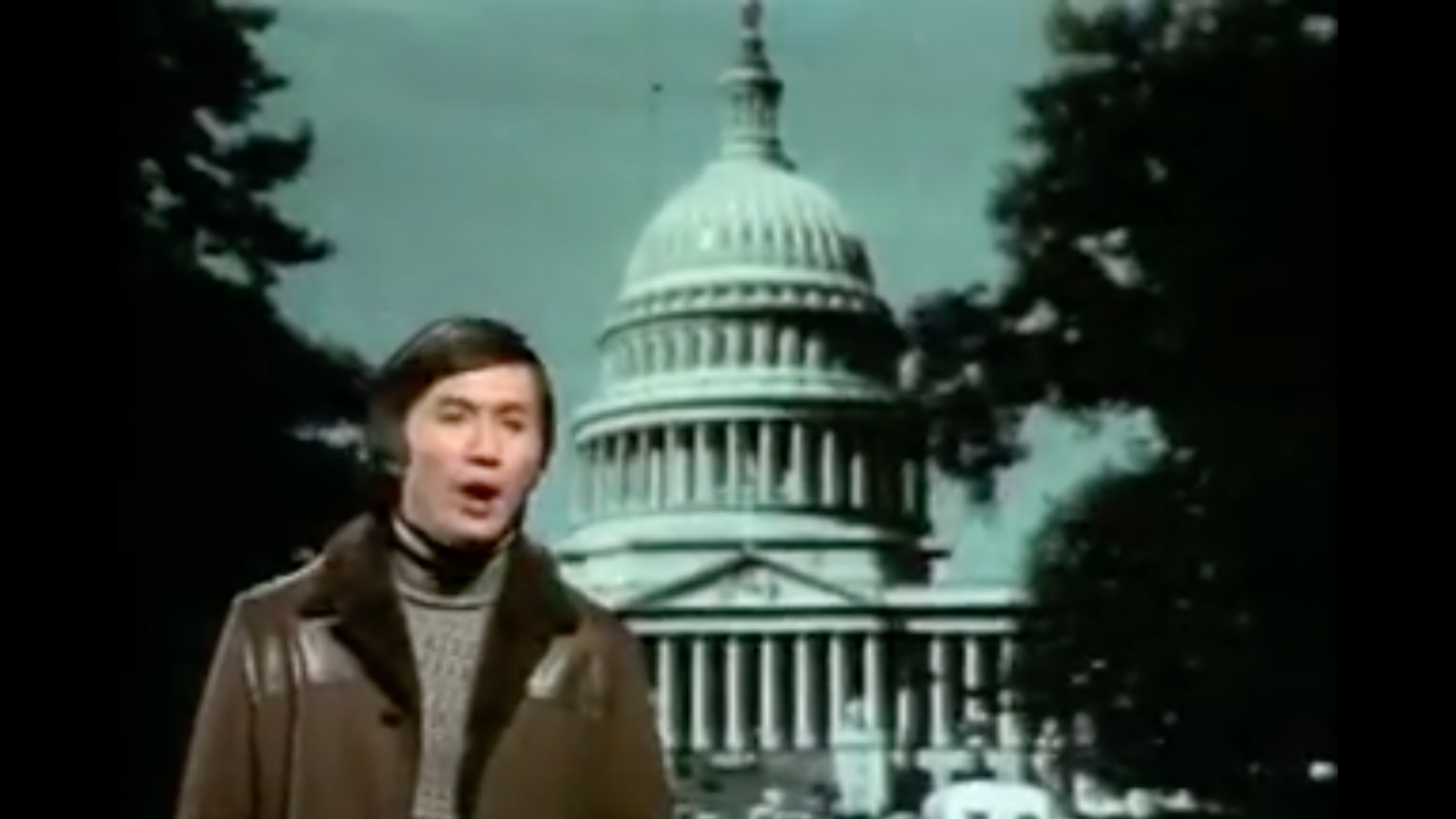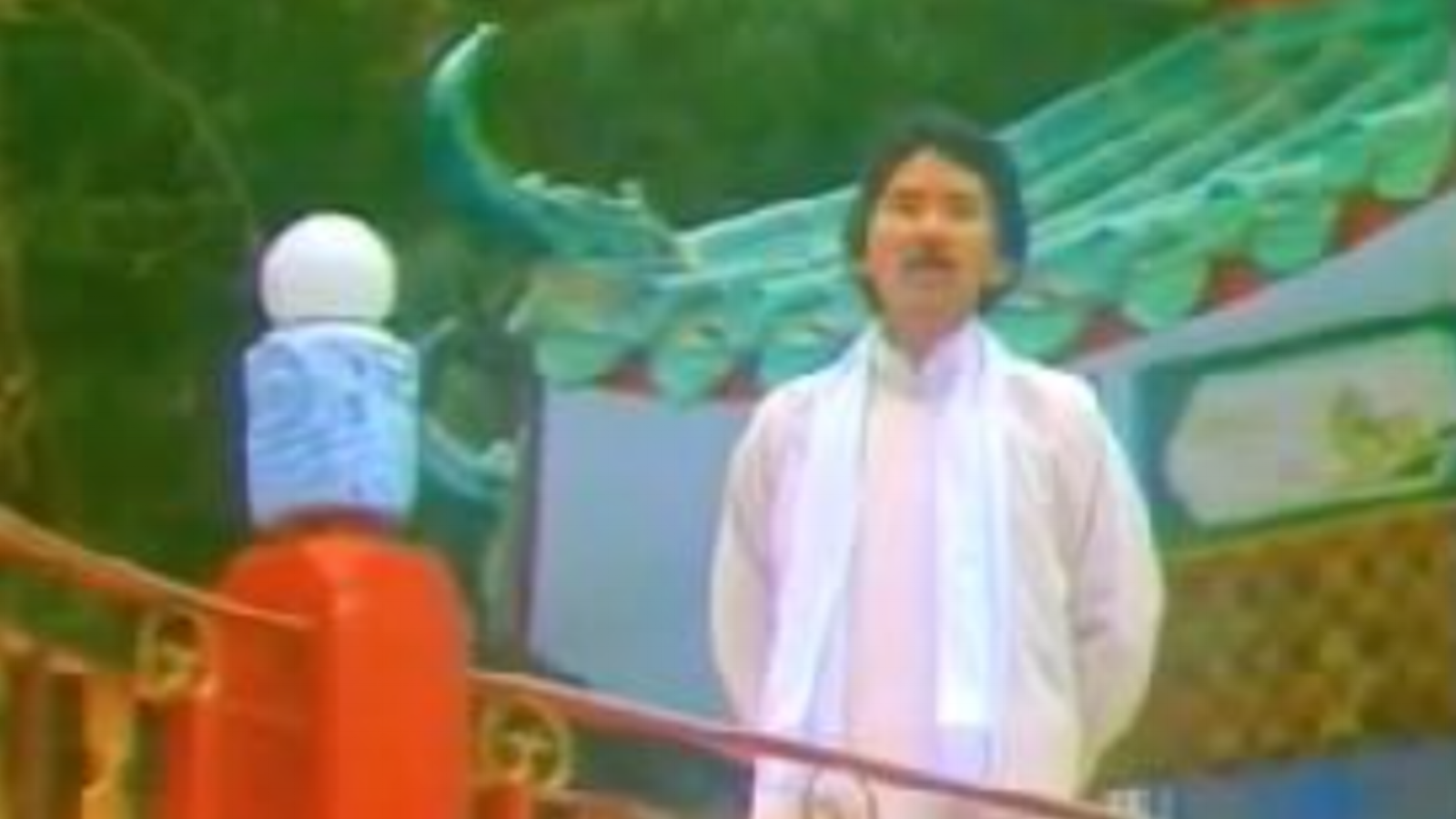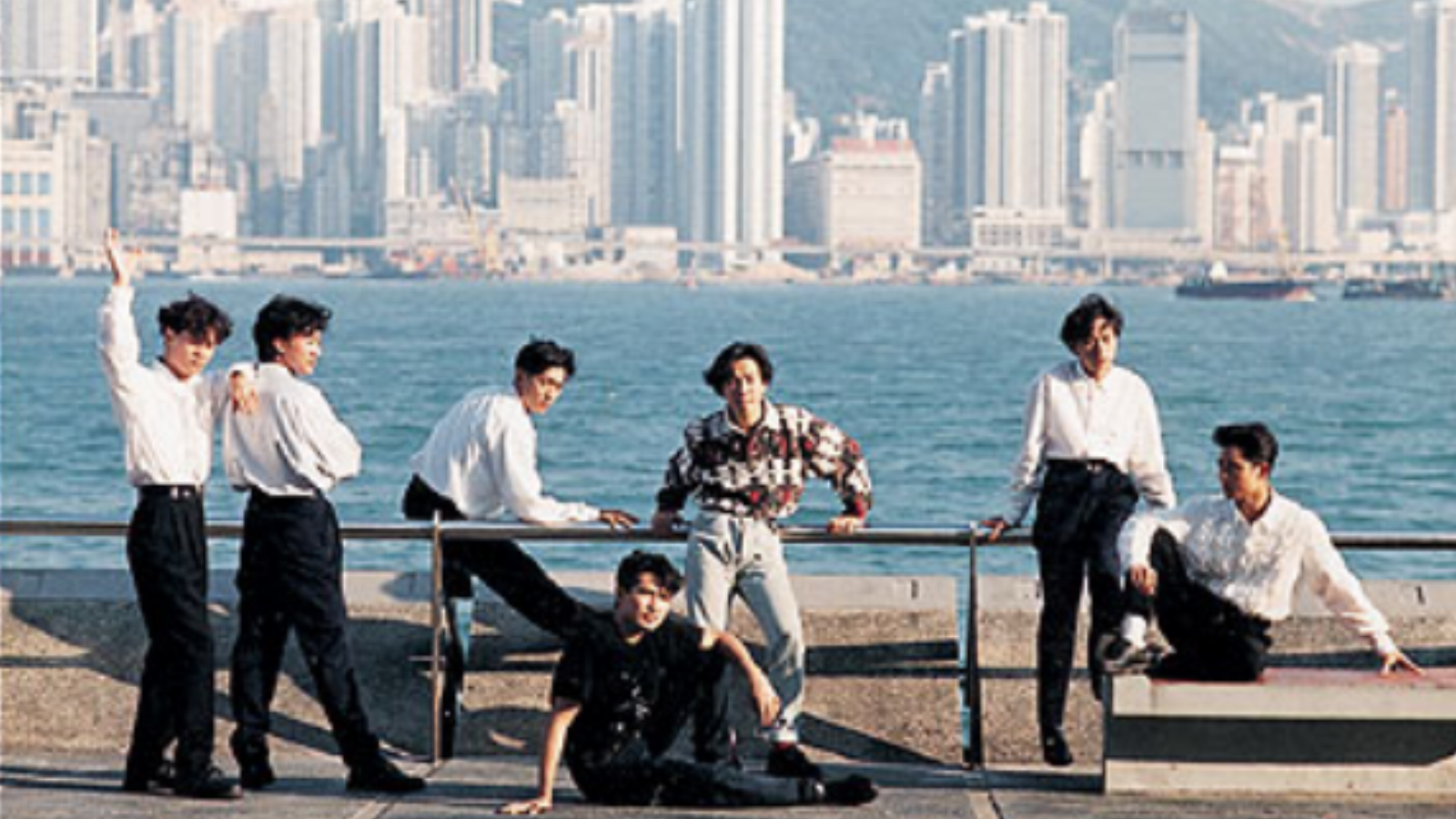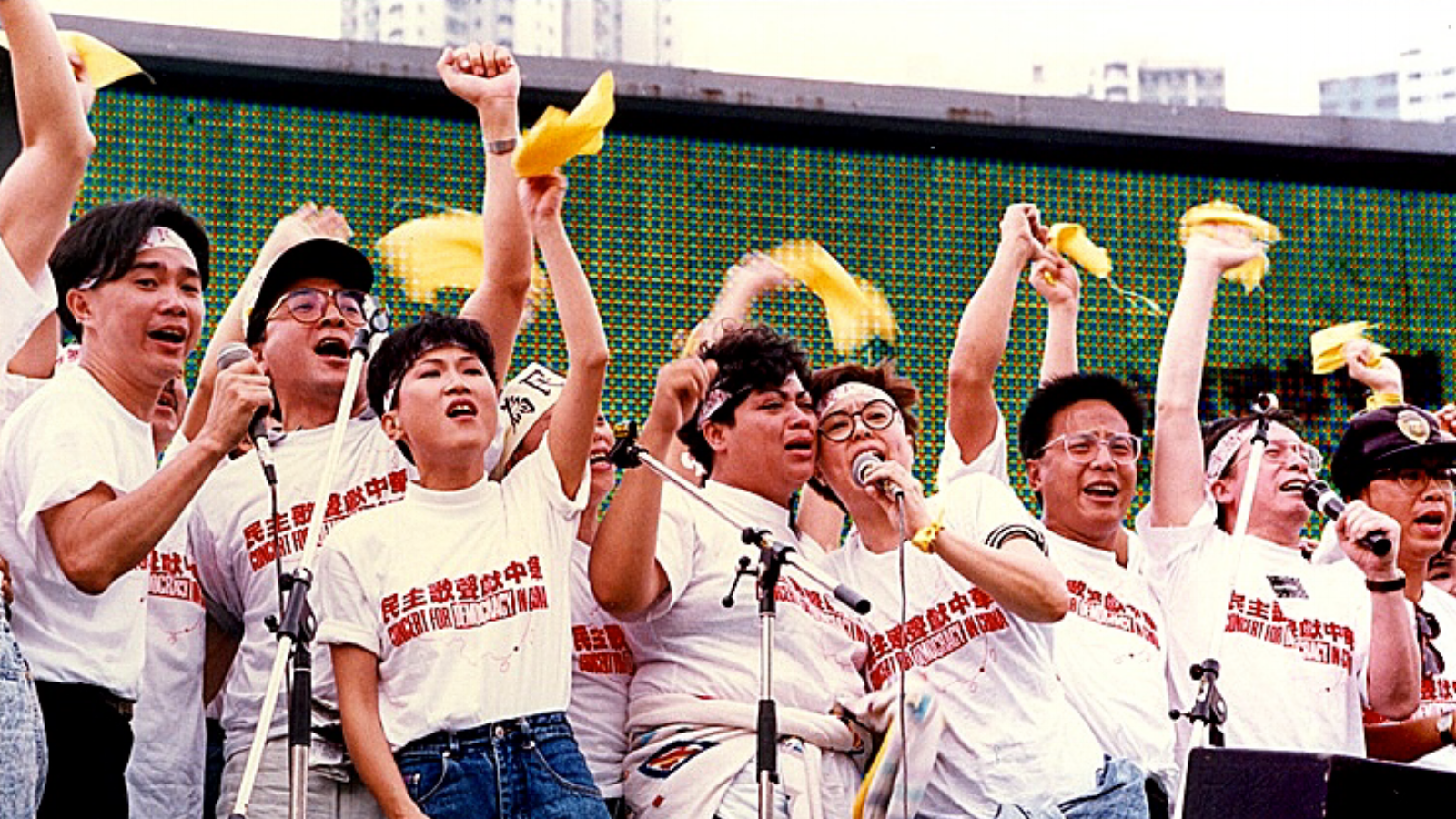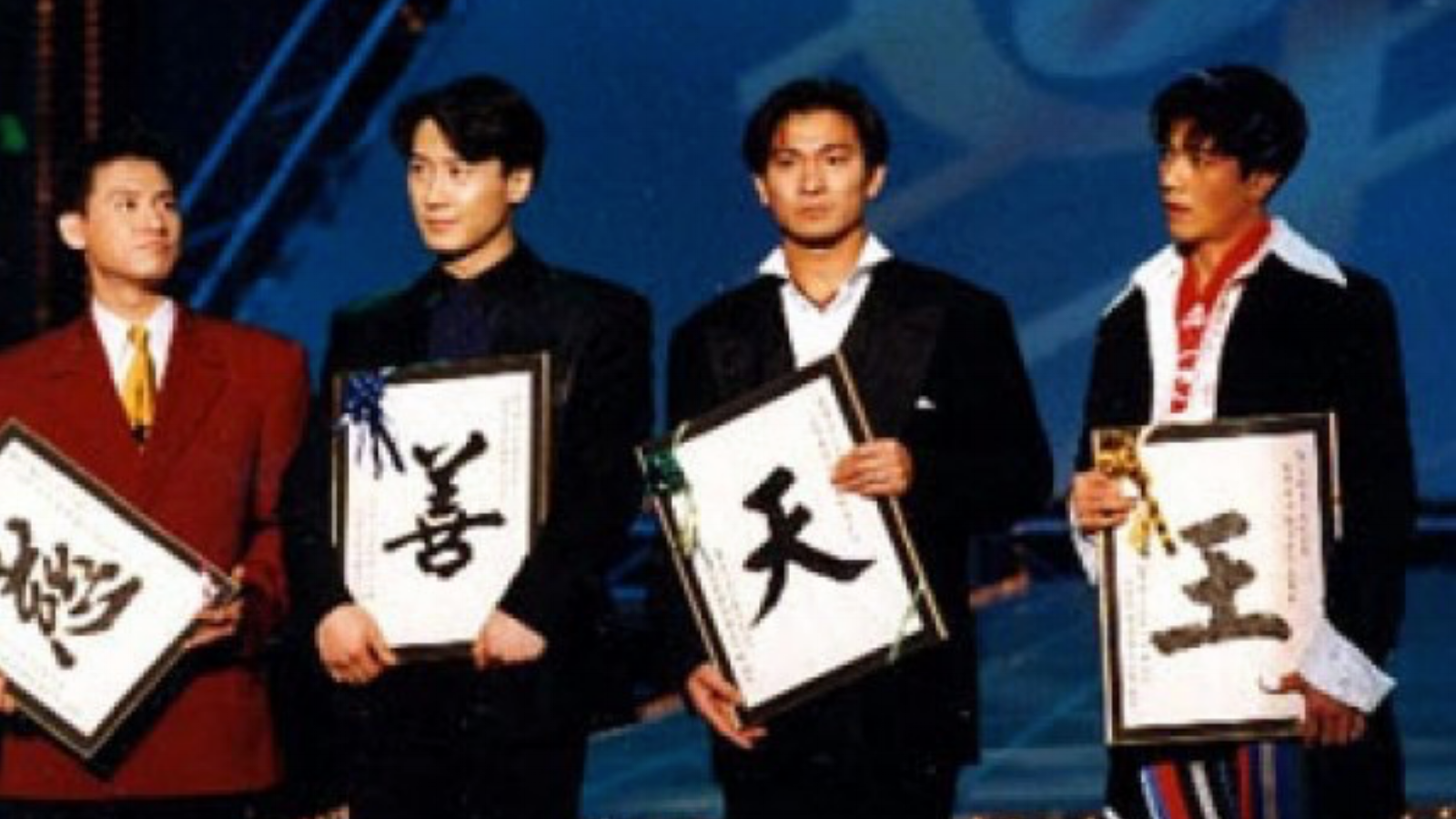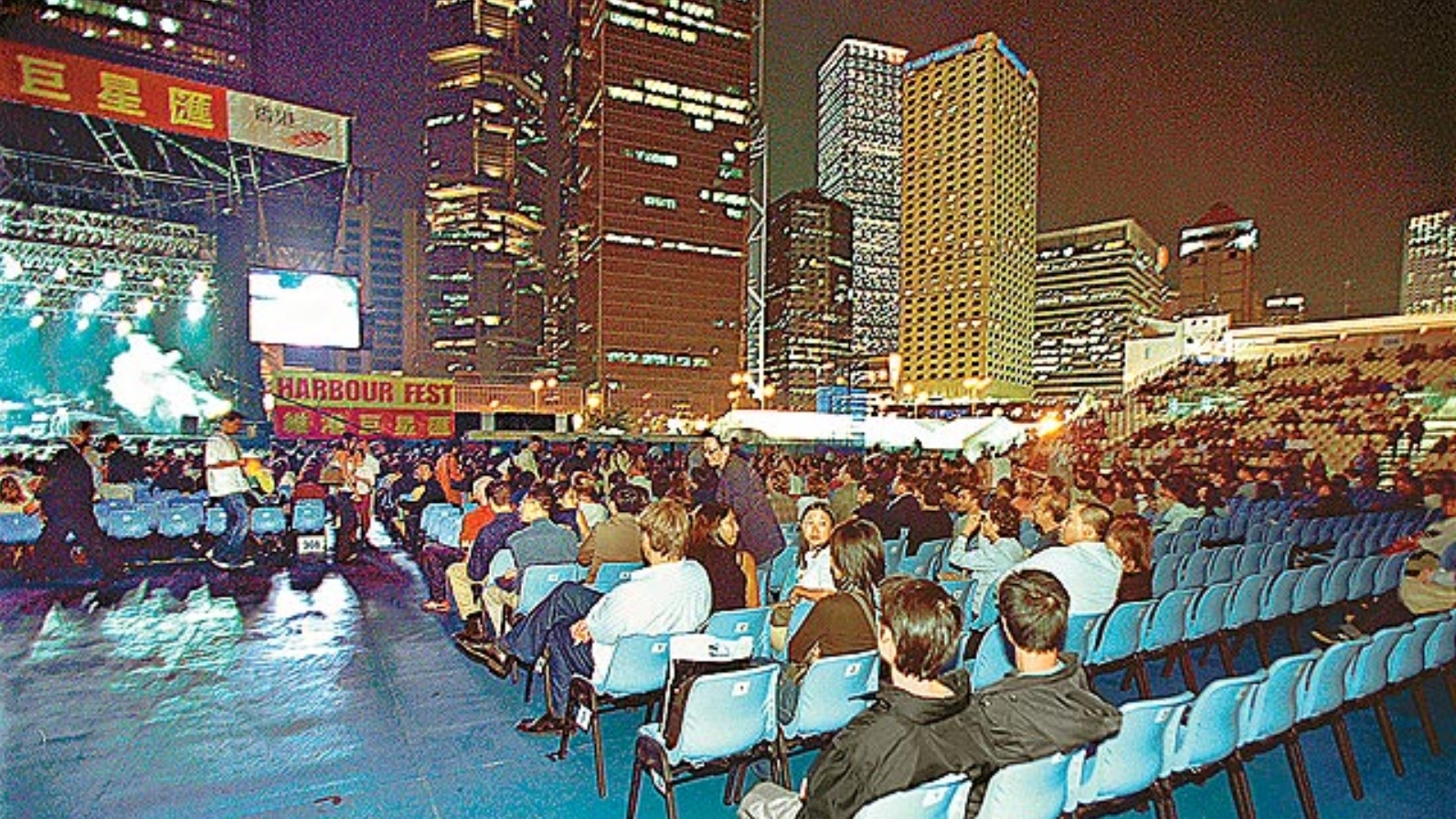Music Below the Lion Rock
Social and Political Life in Hong Kong Through the Lens of Transnational Cantopop
Produced and aimed for mass consumption in Hong Kong, Cantopop — a contraction of “Cantonese popular music” — was an integral part of social and political life in the global metropolis often described to be where “East meets West.” Yet given its important role in consolidating the unique Hong Konger identity, Cantopop, not unlike cultures, is strangely absent in most historical narratives of postwar Hong Kong. In this interdisciplinary study focusing on the territory’s transformation over four decades, I examine the ways in which the origin and evolution of Cantopop, despite primarily consumed locally, was shaped by a range of global forces and music styles from around the world while simultaneously impacting an audience beyond the boundaries of the locality.
It all began with the Beatles’ tour to the British colony in June 1964 as part of the British Invasion, which inspired a generation of young musicians in Hong Kong to play rock and roll. Although most started out singing in English because they regarded it the “language of the cool,” this was gradually changed by the rise of television coupled with government policies to foster a sense of belonging among Hong Kongers — tied neither to Britain or China — in response to the Leftist Riots of 1967. The music scene was, therefore, encouraged to shift toward Cantonese beginning in 1972, continuing throughout the rest of the decade. Popular songs during this time, spearheaded by the likes of Samuel Hui, tended to reflect grassroots problems in everyday life.
Taiwanese campus folk songs and Japanese kayōkyoku influenced the sounds of mainstream Cantopop stars of the 1980s like Leslie Cheung, Alan Tam, Anita Mui, and Danny Chan who commanded a strong fanbase, especially in Southeast Asia. Simultaneously, a Cantorock movement was gaining traction by 1984, the year the Sino-British Joint Declaration sealed the fate of Hong Kong’s eventual handover to Beijing. Around the world, popular music and humanitarianism became closely intertwined as supergroup singles (i.e. “We Are the World”) and benefit concerts (i.e. Live Aid) were used as effective methods of protest amid the Ethiopian Famine. The combination of these local, national, and global factors culminated in “All for Freedom” and the Concert for Democracy in China that aimed to raise awareness and funds among Hong Kongers in May 1989 for the ongoing Tiananmen Square protests in Beijing.
Cantopop reached its heyday with the rise in the 1990s of the Four Heavenly Kings — Jacky Cheung, Aaron Kwok, Leon Lai, and Andy Lau — who reached unprecedented international commercial success. To accommodate the karaoke culture’s rise and the expanding Chinese market’s constraints, their songs took a postmodern turn, moving away from representations of the objective reality into romantic ballads and catchy dance anthems. In the face of increased pirating and competition across Asia, not least including South Korean K-Pop, Cantopop entered a period of gradual decline at the turn of the 21st century in terms of sales, even as it reached new creativity heights. In Hong Kong’s unusually troubled year of 2003, its music industry found a way to heal wounds and revived the Hong Konger identity in crisis.
Advised by David Ludden, this project was submitted to New York University in May 2016 as my B.A. thesis. Besides consulting Chinese and English secondary sources, the bulk of my research was done over the Christmas break of 2015–16, during which I returned to Hong Kong for a month with the support of a generous grant from the N.Y.U. Dean’s Undergraduate Research Fund. It allowed me to conduct original oral history interviews and visit several collections for audio and visual materials, published and unpublished government documents, as well as microfilmed newspaper records. I received the Helen M. Jones Prize in History, granted annually to the senior who has attained the best year-long record in the history honors seminar, and the 2016 Best History Honors Thesis Award. An abstract was published by N.Y.U. in Inquiry: A Journal of Undergraduate Research, No. 20 (2016), pp. 28–29.

